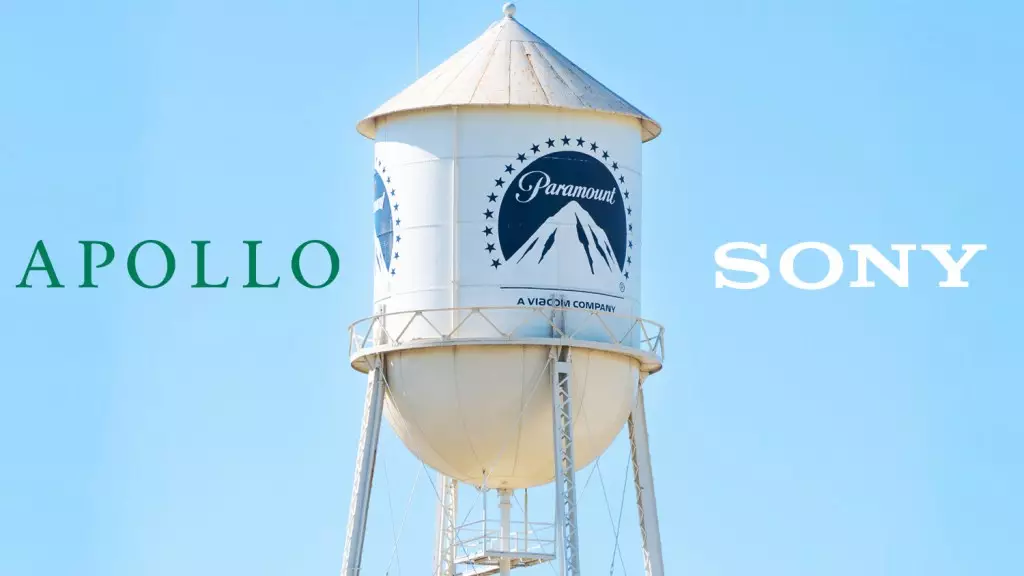If Sony and Apollo were to acquire Paramount Global, their strategic approach would involve maintaining the current theatrical release output of both studios. However, they may consider divesting certain assets of the conglomerate, such as CBS, linear channels like MTV, and the Paramount Plus streaming service through auctions. While reports suggest that the theatrical output will remain unchanged, plans to trim Paramount’s TV assets have also surfaced in the $26 billion bid for the entertainment company.
One major obstacle in the potential merger between Sony and Paramount is the foreign ownership issue. The merger would subject Sony to scrutiny by the FCC, as foreign-owned conglomerates are prohibited from owning U.S. broadcast stations. This regulatory concern adds a layer of complexity to the deal and may require significant negotiations to address.
Industry insiders, including exhibitors, have expressed apprehension about a Sony-Paramount merger. The fear stems from past experiences, such as the 2019 Disney-Fox merger, which resulted in a decrease in film output across various studios. With only 12 titles slated for 2024 from Disney’s entities, including 20th Century Studios and Searchlight, the industry is wary of losing more major studio productions.
If the merger were to proceed, Sony and Paramount would need to consolidate their marketing and distribution operations. The combined entity would likely operate as a joint venture, with Apollo potentially holding a minority stake that could be later sold to Sony or another buyer. This operational integration is crucial for streamlining processes and maximizing resources within the new setup.
Despite the talks of a potential merger, there is speculation that Shari Redstone, the current head of Paramount, may opt to steer the company independently. This third option raises questions about the future direction of Paramount and how it might navigate the changing landscape of the entertainment industry without a merger with Sony or Apollo.
The Sony-Paramount deal would need approval from regulatory bodies such as the Justice Department’s Antitrust division, the FTC, and the FCC. Given the current administration’s stance on anti-merger policies, especially concerning horizontal mergers that could lead to job losses, the road to obtaining regulatory clearance may be fraught with challenges.
The potential merger of Sony and Paramount presents both opportunities and challenges for the entertainment industry. While the strategic rationale behind the deal is centered on enhancing competitiveness and expanding theatrical output, regulatory hurdles, industry concerns, and operational complexities must be carefully navigated for the merger to succeed. The outcome of this proposed merger could have significant implications for the future landscape of studio ownership and the overall dynamics of the entertainment sector.

